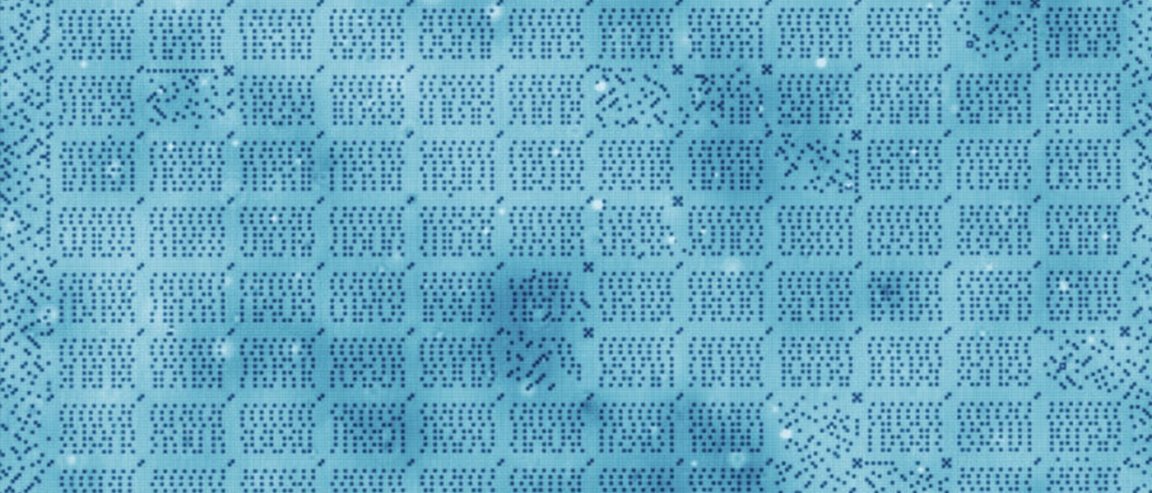
Microscopic hard drive?
Researchers from the Netherlands were able to create a microscopic storage system that encodes every bit with a single atom. In other words, a kilobyte could be stored in a space spanning just 100 nanometers.
Hard drives you can buy today use a system that require hundreds or thousands of atoms to store a single bit of data or 1 terabit per square inch. Meanwhile, the new system can store about 500 terabits per square inch.
In a press release, Sandre Otte, lead scientist at the Delft University of Technology, stated that “In theory, this storage density would allow all books ever created by humans to be written on a single post stamp.” How cool is that?
As cool as liquid nitrogen
Otte explained that every bit consists of two positions on a surface of copper atoms and one chlorine atom that can slide back and forth between these two positions. Since chlorine and copper form a perfectly square grid, it is easier to position and read them. It is a 1 if the chlorine atom is at the top and a 0 if it is at the bottom. Putting 8 atoms of chlorine in a row to form a byte.
All in all, the system is efficient enough for it to store hundreds of letters into a 96×128 nanometer space, 12 rows by 12 columns, with each cell holding 8 bytes.

Though this development is promising, it is still not ready for release yet. The array is only stable in vacuum and at 77 Kelvin, similar to the temperature of liquid nitrogen. If the temperature is more than that, the heat will disrupt the organization of the atoms.
The study is published in the journal Nature Nanotechnology.